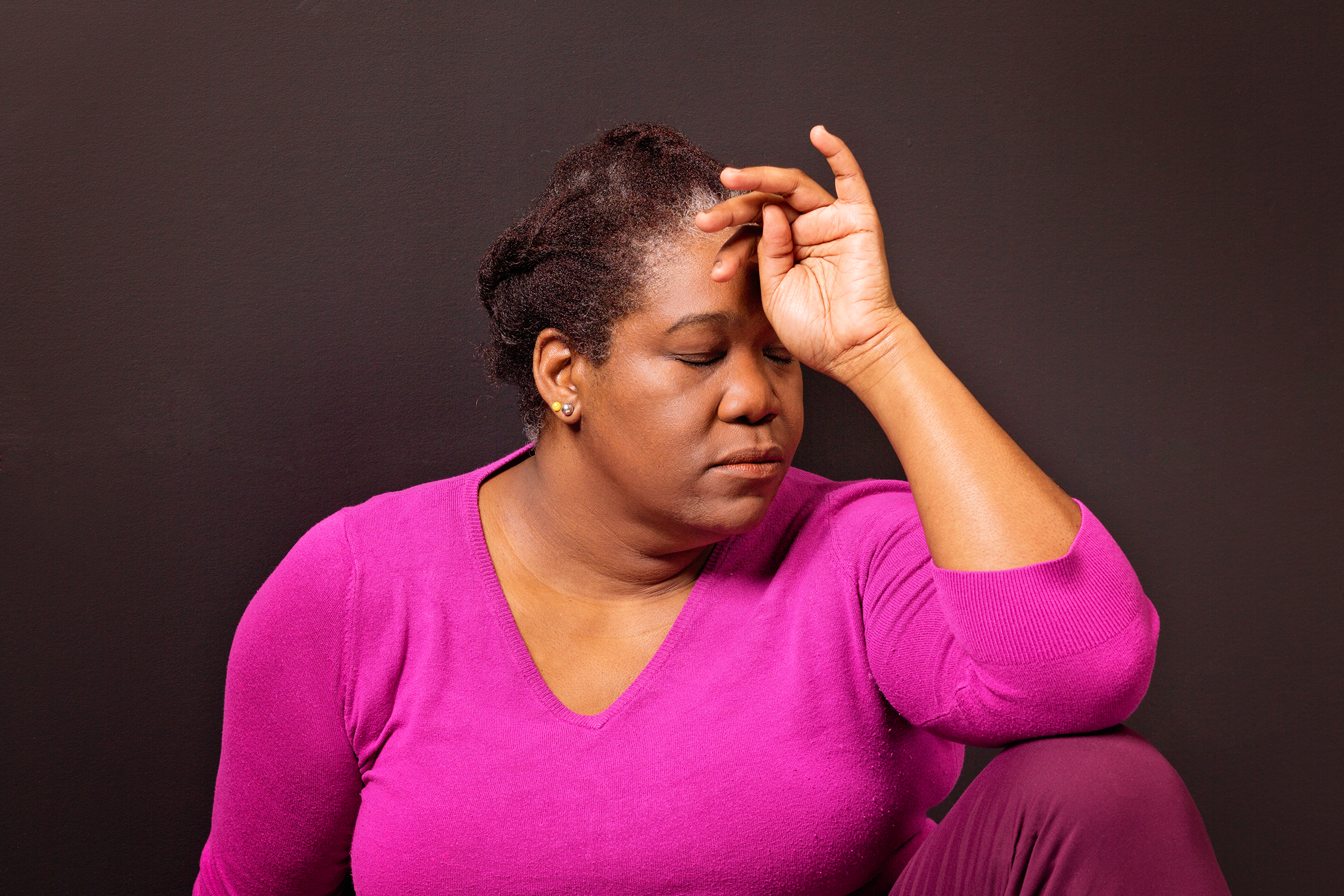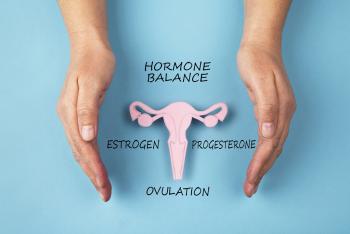Urinary tract infections (UTIs), bacterial infections of the bladder, are common health conditions...
Read More

Menopause marks the end of a woman’s reproductive years. Most women enter menopause around age 51 after they haven’t had a menstrual cycle for over one year. The most common symptoms can hit even earlier during a transitional phase known as perimenopause. “When you’re going through perimenopause and menopause, your estrogen levels fluctuate from very high to very low. This can lead to physical and emotional symptoms like irregular periods, breast tenderness, mood swings, decreased sex drive, hot flashes and night sweats,” said Samantha DeLuca, D.O.,OBGYN at Inspira Medical Group.
While uncomfortable at times, the hallmark symptoms can be managed to help you improve your quality of life. Here are some tips for finding relief from common symptoms of menopause:
Hot flashes: To best manage hot flashes, do some planning ahead to customize your environment. If you work a desk job, keep a small personal fan at your workstation. Dress in layers, when possible, so that you can easily remove a layer to help regulate your body temperature. Select clothing that is light and breathable, such as cotton, rather than tweeds and wools that can hold in heat. Always keep a reusable water bottle nearby so you remember to drink during the day. It’ll help you replenish any lost water from sweating and help you to regulate your internal temperature.
Mood changes: Exercise can play a huge role in helping you manage stress, anxiety and mood swings at any age, but especially during menopause when significant hormone changes can impact your mood. Find a physical activity you enjoy and do it regularly to help reduce stress. Practicing meditation, mindfulness and yoga can also help you stay calm and focused throughout the day.
Sleep problems: Hot flashes in the middle of the night and insomnia can leave you feeling tired and groggy throughout the day. Exercise can help with this—but avoid working out too close to bedtime. You should also avoid taking naps during the day and try relaxing close to bedtime with some caffeine-free chamomile tea. Keep your bedroom cool at nighttime to help avoid hot flashes interrupting your sleep.
“If lifestyle adjustments and self-care techniques are not enough to manage your symptoms, talk with your doctor. There are treatments that can help, like over-the-counter medications, supplements, and even hormone replacement therapy,” said Dr. DeLuca.
To find a provider who can help you manage your menopause symptoms, click here.

Urinary tract infections (UTIs), bacterial infections of the bladder, are common health conditions...
Read More
Prioritizing cervical health is a lifelong commitment—from HPV vaccinations in adolescence to...
Read More
Midwives offer a compassionate, patient-centered approach. With an emphasis on consent and shared...
Read More
The material set forth in this site in no way seeks to diagnose or treat illness or to serve as a substitute for professional medical care. Please speak with your health care provider if you have a health concern or if you are considering adopting any exercise program or dietary guidelines. For permission to reprint any portion of this website or to be removed from a notification list, please contact us at (856) 537-6772